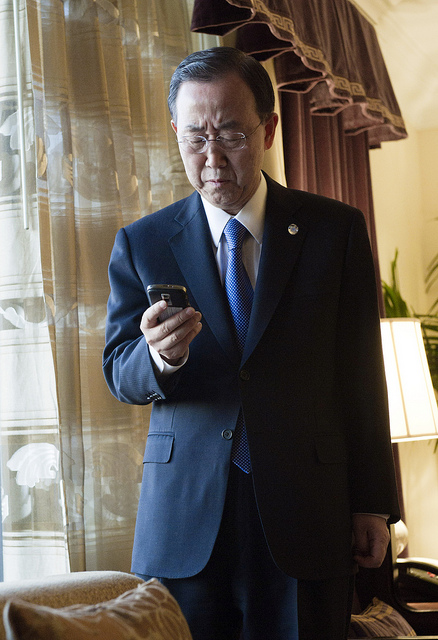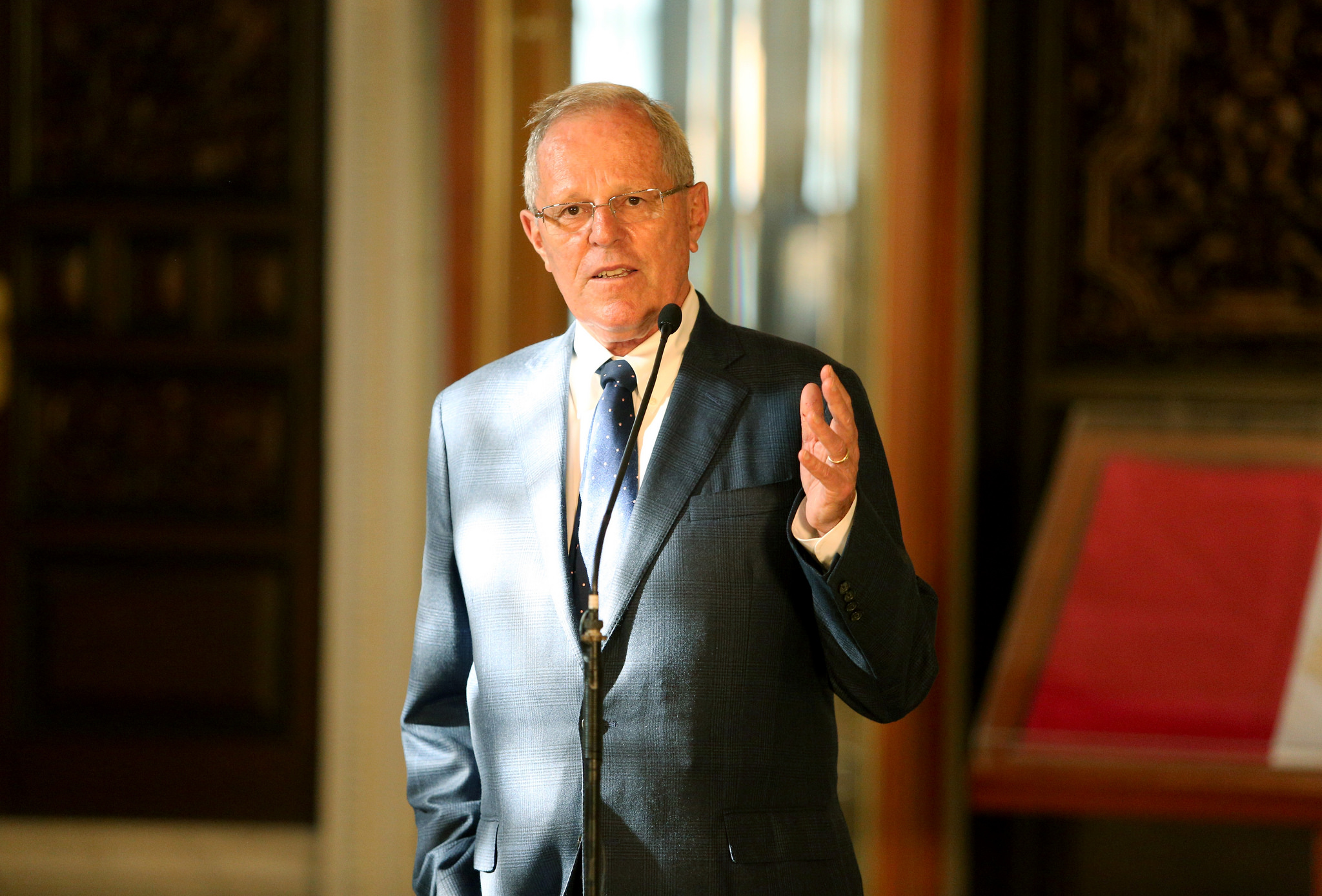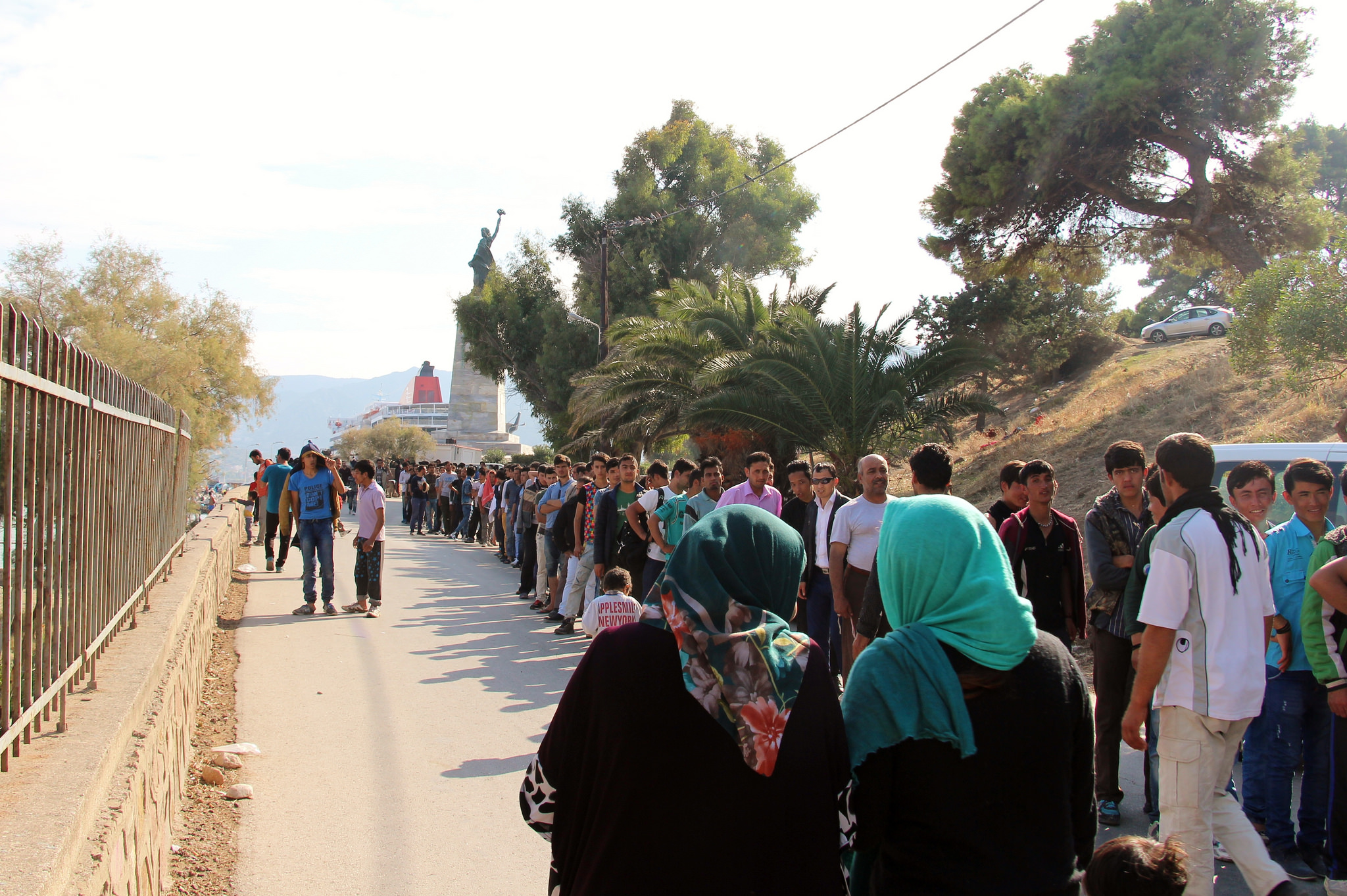There’s an enormous amount of misperception, cluelessness, and uncertainty about the implications of carrying a cell phone which I’d like to address.
For years, people have lived in blissful ignorance about the potential implications of putting GPS devices in cell phones and uploading vast amounts of personal information to the web. Who doesn’t like to play Angry Birds, use Google Maps, or upload a sunset to their Facebook page? Who hasn’t thanked Apple for including free location tracking on their phone if it’s lost or stolen? Last Tuesday, however, the Ukrainian government provided hard evidence that governments are using cell phones to geo-track citizens and implicate them in “anti-government activities.” Governments (including the United States) have been cagey about whether they collect and keep location data on average citizens, but last week’s mass text sent to Ukrainian protesters makes even the most paranoid technophobe seem prescient.
The behavior of the Ukrainian government (as well as Edward Snowden’s ongoing revelations) are beginning to reveal the extent to which the information war is being won by governments. We like to think that cell phones and social media have given citizens the advantage in overthrowing bad leaders and repressive regimes. What’s becoming clear, however, is that governments are two steps ahead of citizens in terms of personal communications technology (and the secrecy by which they guard their information).
People still don’t yet understand the full implications of a world in which governments can monitor and track citizens at all times. Many believe that they become “invisible” by turning off their smartphone or putting it in airplane mode. This is not true. Others believe they can evade tracking by turning off the GPS function on their cell phones. This also does not work.
The problem is that there are at least three ways in which governments can monitor the location of individual citizens.
- The old-fashioned way. The exact position of every cell phone can be located by triangulating the pings cell phones send to multiple cell phone towers in their vicinity. Individuals can avoid this old-fashioned type of tracking by turning off their cell phones or putting their cell phone on airplane mode, but they can still be tracked using other means.
- GPS. Phones with GPS devices likely can be tracked even if they are shut off and in airplane mode. I say “likely” because no one (not Google, not Apple, not Snowden) has confirmed that this is possible. But my technologically sophisticated colleagues strongly suspect that the GPS signal continues to be sent even when the phone appears inactive.
- Wi-Fi connections. Cell phones tapping into wi-fi connections can also be easily located. Again, turning phones “off” as one is travelling abroad or in the car is no guarantee that the phones are actually off. A recent front page story in the New York Times outlined all the ways in which spy agencies can use streams of data emanating from smartphones to locate individuals.
There is still much we don’t know about how personal data from cell phones and internet connections can be collected and used. Those who do have inside information on these processes (spy agencies, telecom companies, Facebook, Google, etc.) have incentives to keep this information private and keep smartphone users unaware of the extent of their activities.
What can citizens do to protect themselves, especially if they are protesters pressuring governments to reform? My colleague Roger Bohn discusses this issue on his excellent blog “The Art and Science in Technology.” Here’s a condensed version of his recommendations:
The best thing protesters can do is leave their phone at home. This seems like the obvious choice as long as there is no guaranteed way to remain undetected while carrying a phone. Of course, the problem with this strategy is that it plays into the hands of governments who would like to impede demonstrators’ communications. Ukrainian protesters will have a much more difficult time mobilizing support and gaining international attention if real-time communication and videos stop.
The next best thing is to do what Edward Snowden did. Place an electromagnetic barrier around your phone to block radio signals. Snowden used a refrigerator but it appears that any metal container, such as a cocktail shaker, would also work. This strategy has the benefit of being more portabl,e but the drawback of being potentially detectable if one’s phone comes too close to a cell tower.
What all of this tells us is that we are in the midst of the “wild west” of clandestine information gathering. What’s clear is that there is a huge asymmetry between what most citizens understand about how their information is being used and what industry and governments know. This gives governments the big advantage — but this asymmetry appears to be changing. The more information Snowden reveals, the more average citizens will understand about how technology works and is being used. And the more they understand, the better able they will be to protect themselves and their information from being used against them.







12 comments
I believe the hacker community is dealing with the problems noted. For instance, there are now low-cost, low-power devices which communicate with each other in a mesh arrangement, rather than via the Internet and wifi. With regard to smartphones, people should be aware that even when you turn them off, they’re not really off. Removing the battery might do the trick.
Removing the battery might, though I’m not certain of that, but it leads back to the problem of not having fast, wide-spread communication to use.
As for the devices you mention, they have the problem of being hard to obtain for the average person and of uncertain origin.
So it might be best to look at it from the view of cost versus gain. In Ukraine the protesters really need fast communications. However protesting has led to people being arrested, tortured and possibly murdered, so protesting can have a high cost. On the other hand, with it increasingly looking like Yanukovych is going to be forced out* the cost of the government being able to watch them might be outweighed by the gain of being able to quickly organize, especially if they’re gambling that the new government won’t want to do anything to them.
If we’re talking about the U.S., it’s a bit more uncertain. The gains are going to be similar if you use cell phones, you can quickly organize and spread your message. However, the long term gain of the government going (assuming that’s what you want, the vast majority of the nation doesn’t, myself included) is not going to happen. If the 1930s didn’t bring revolution and the 1960s to 1970s didn’t bring revolution, I don’t think that the 2010s are going to bring revolution. But the cost is also lower. I’ve gone to protests before, so have people I know. I’ve never been arrested or punished for doing so, and while I have known people who have been arrested, they tend to be released in under a day with no charges unless they did something really stupid. So the costs of protesting in the U.S. are going to be much lower than the costs of protesting in Ukraine.
*Of course there’s the standard disclaimer that protests and revolutions are very hard to be certain of.
What I think is particularly interesting is how surveillance contributes to the pushback against the idea that the internet and mobile phones would be a game-changer (I hate that term, but here it works) in the way repression and mass atrocities were resisted.
While I can’t source this, I remember the claim in the last decade that cell phones would make a genocide like Rwanda’s impossible, because the entire world would be able to watch it in real time. As the war in Syria has shown, that hasn’t proved the case, because widespread awareness of atrocities doesn’t change the problems associated with actually halting them — the costs often remain high for the same reasons they have always been. This strikes me as something similar. While mass communications make organizing and documenting protests easier, governments can also increase the costs of using these technologies, just like they could shut down newspapers or create informer networks, or invest in surface-to-air missiles to discourage international military interventions.
There’s usually an (imperfect) counter to everything.
Ok, I am stupid when it comes to technology, so I ask this in all innocence: is it clear that the government was actually tracking individuals’ cell phones? Because one alternative is that it just sent a message to all cell phone numbers within given coordinates (see the 2002 Hong Kong film Infernal Affairs for such a scene). That is a one-way communication and not that scary. Collecting the numbers (and ultimately personal information) on the basis of their gps coordinates is two-way information and very scary. Can we distinguish what the Ukrainian government actually did and whether it has the latter capacity? I don’t say this to marginalize the threat of this happening, just out of curiosity as to the actually repressive capacity of a state like the Ukraine…
I honestly have no idea which the Ukrainian government did but they certainly can theoretically gather the data. That would be a vital question to ask once these events are over.
Have to say that this period is practically a gold mine for answering questions about revolution, counterrevolution, state power and uses of technology. I’ll be very disappointed if I don’t see at least a dozen articles using the events of the past five years or so.
This is just a quick note to add that the kind of tracking possible depends importantly on the country. If Ban Ki Moon is in the US, then he can buy a burner phone that isn’t attached to him at all. But if he’s in his native South Korea, he has to register his phone with the government in order to get service.
A new article gives a detailed discussion of NSA (American) tracking methods in foreign countries. Many of them also work domestically. https://www.schneier.com/essay-470.html
It’s also available as an Atlantic article:
http://www.theatlantic.com/technology/archive/2014/02/everything-we-know-about-how-the-nsa-tracks-peoples-physical-location/283745/
Finally, turning off your phone or putting it in airplane mode DOES work, unless you have been personally targeted with spy agency malware. Such malware can make phones look “off” when they are really on; but unless your phone has it, shutting it off shuts down all signals.
In addition to tracking American citizens via their cell phones and GPS devices, the U.S. government’s spy agencies (FBI, CIA, etc) have another tracking method when an individual does not carry a cell phone and/or GPS device. They can track an individual/target by employing private contractors and citizen volunteers (Infragard, private investigators, etc.). The government agencies can track the cell phones of these participants as they perform vehicle and pedestrian surveillance of a target. This allows government satellites to track an individual without a cell phone or tracking device in a moving grid at all times.
Darren M.
dewtarget05 AT
yahoo DOT com
716-541-7062
I knew nothing about government tracking before reading this article. It was interesting to learn that government tracking can work through GPS devices within your cell phone. I hope this article can help us to know how to keep data secure in the future.